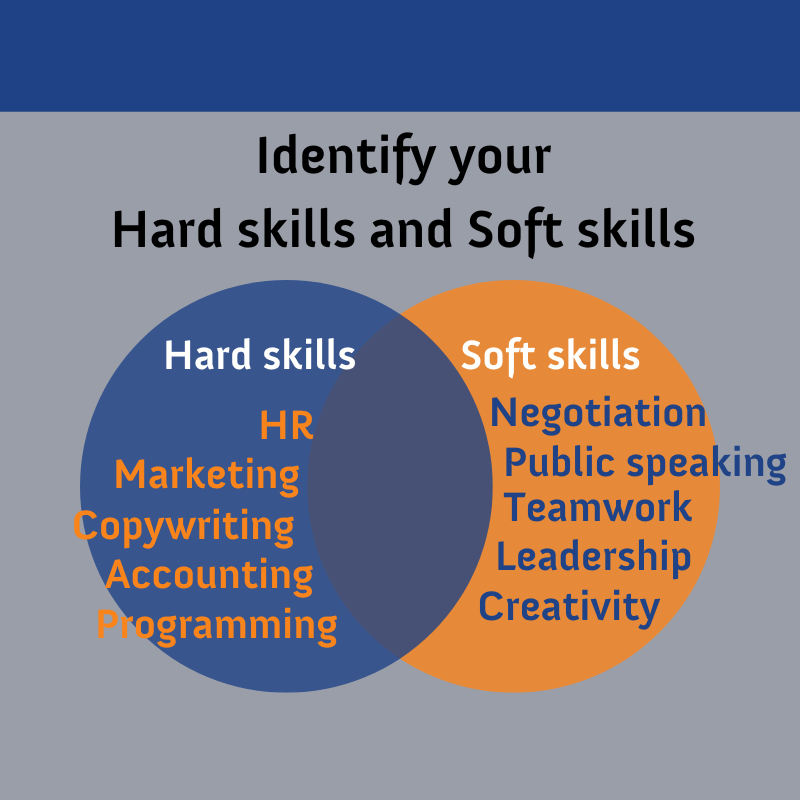Train your Team with these must-have work skills
HR or training manager are familiar with this exercise of analysing training needs, prioritising them, and translating them into an actual training budget. The goal is to allocate training efforts where needed and to maximize performance.
What skills should be considered for training?
Hard skills and soft skills
Hard skills usually refers to intellectual and practical abilities.
Some of the most common hard skills employees train for are work-related technical skills like programming, marketing, copywriting. They have a direct effect on employees’ abilities.
For example, your company is going to upgrade its accounting software, some employees in the accounting department need to be trained on how to use the software.
Soft skills usually refers to skills related to emotional intelligence.
Some of the most common soft skills employees train for are
– how to be a better leader/manager
– communicate effectively in different situations
– resolve conflicts with others
For example, your company wants to get their staff more motivated at work. The team leaders need to be trained on how to manage and inspire their colleagues.
English Training at the crossroad between hard and soft skills
Both kinds of skills are important for a company. Employees should be competent in their field of expertise (hard skills) and have the ability to communicate, lead and interact (soft skills) in an effective manner.
Nowadays, hard skills without soft skills are just not enough. (The other way around is true as well.)

Every organization is different. Not matter what, every English training we run is a mix of hard skills and soft skills.
We not only cover professional vocabulary of Business English but also soft skills linked to the work field.
English Training is at the crossroad between hard skills and soft skills because they come hand in hand in professional situations.
English is the communication language and as such, soft skills training is built-in the Business English training.
Small talk, negotiation, presentation, and public speaking in English are among the various topics covered in a typical English training dedicated to any Business English course.
What skills to get training for?
What if an English training could help your team develop their hard skills and their soft skills? Wouldn’t it tick many of the boxes for a company training?
If you are looking for a creative way to train your staff, we’ll be happy to brainstorm with you the most suitable training solutions based your company specific needs.
Contact us now and we’ll be in touch within 2 business days.
Other English Training Resources

Business English Training for Corporate Teams
As an Human resources professional, your responsibility is to find the best corporate English training course that will match your company’s needs. If you’ve identified business English as competence to improve in your company, there are many ways to handle it.

How to choose your English training company
As a decision-maker, you've identified that some of your colleagues need to take their English to the next level. How to make sure you choose the right English training company? Follow our tips here.

The Importance of English in the Tech Industry
In the realm of technology, English has emerged as the lingua franca. The tech industry, dominated by American companies and characterized by global collaboration, has adopted English as its primary language. This prevalence of English is not just a trend, but a necessity in the interconnected world of technology.
Online English Training for companies
Build confidence, improve speaking skills and increase employee value with tailor-made solutions.
English corporate courses perfect for your budget.
Monitor your results at any time
- HR account to supervise the training
- Progress card for each participant
- Taillored-made training based on your needs
